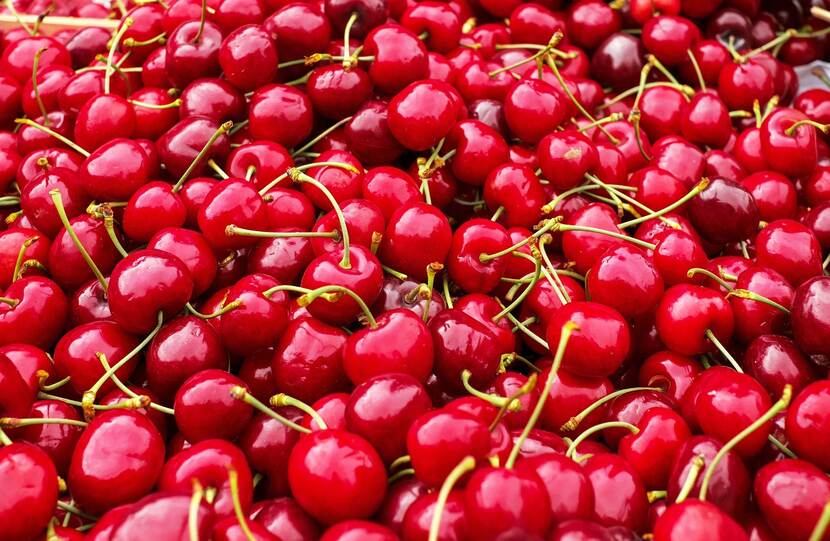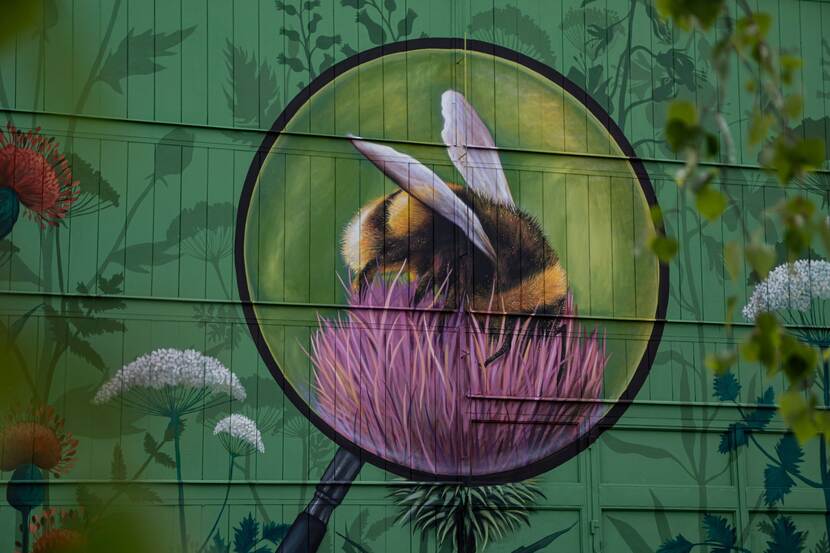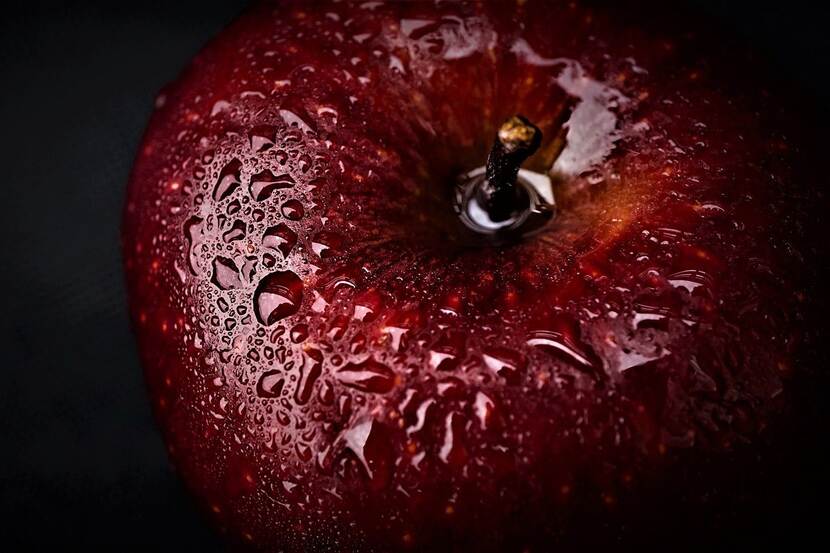Serbia: Cherry, Sour Cherry and Berry Farms are Hurting
Cherry, sour cherry and berry producers are facing hard times – Harvest yields are far from desirable

Villages in the vicinity of Belgrade (Ritopek and Grocka) constitute the biggest cherry fruit-farming area in Serbia. Cherry growers from this area are now starting to give up on the business in the middle of the harvest season due to low selling prices. Some wholesale buyers offer €0.5 – 0.6 kilogram for cherries, but the price can go as low as €0.25/kg. A farmer from village Ritopek who owns a 2-hectare cherry orchard stated for Beta news agency that 2021 has been “the worst of the worst” in terms of cherry prices.
“This year, fruits are maturing two weeks later than usual in Serbia. In Azerbaijan, sweet cherries matured before Serbia, so they are dominant on the Russian market, a market where Serbia also exports cherries,” farmer Dragic explained. He added that wholesale buyers were complaining about low earnings, noting that the processing businesses in the domestic market offered €0.55/kg, much like a Romanian company buying cherries to produce liqueurs.
“Sweet cherry producers earn nothing, but we need to pick cherries of a certain variety so that they can grow again next year,” Mr. Dragic explained. Another farmer from Ritopek stated that he would dismiss his workers because it was pointless to pay them €25-30 a day and sell sweet cherries for €0.25-0.5 EUR/kg. “It is cheaper to neglect the orchard than to work and keep bleeding money,” the farmer explained.
The harvesting of sour cherries started in the municipality of Prokuplje, in Southern Serbia. Sour cherry is grown on more than two thousand hectares here. According to traders, the purchasing price will be at the same level as last year, meaning for a kilogram of first class sour cherries farmers will get around €0.25. This is the starting price, and farmers are dissatisfied – According to them, the minimal purchasing price should be at least €0.6/kg in order to cover the costs and make minimum profit. This year, sour cherry yields are 30% lower compared to 2020 due to spring frosts. On the other hand, fruit quality is much better with a higher percentage of dry matter.
While cherry farmers are having a difficult time with the purchasing price for their produce, raspberry farmers in Macva district are getting up to €3.4/kg for their “red gold fruit”. This is not the price all raspberry farmers are getting. In Macva district, where raspberries mature first, the price is the highest. In Western Serbia (Uzice, Arilje, Ivanjica), with intensive berry production, the advance price for farmers is cca €2.12/kg. Mr. Radovic, the president of the association of raspberry producers of Serbia is underscoring that the situation regarding raspberry prices will get clear in the coming week. According to Mr. Radovic, taking into account the price increase of all other food and consumers goods, the price offered for raspberries in Western Serbia is not satisfactory, and it should be over €2.8/kg, but that will depend on the market situation in the coming period.
Before you go – Check these out too
The Budapest-Belgrade team brings you curated newsflashes every Friday afternoon. These are quick, digestible, to-the-point briefings about all the latest developments in the Serbian and Hungarian agro sectors.
Today we bring you:

In this week’s Hungary Newsflash, you can read about the appearance of brown rugose fruit virus on tomato farms, sour cherry harvest delays, ICT solutions for livestock sustainability, a Hungarian organic feed supplement innovation, a fish catastrophe caused by climate change, and a new horticulture expansion.

In the latest Serbia Newsflash, you can find out more about a new IPARD plantation establishment incentive program, the struggles of the sugar industry, why dairy producers are facing hard times, the EU-Western Balkan business platform launch, and the new agricultural market regulation legislation that entered into force.